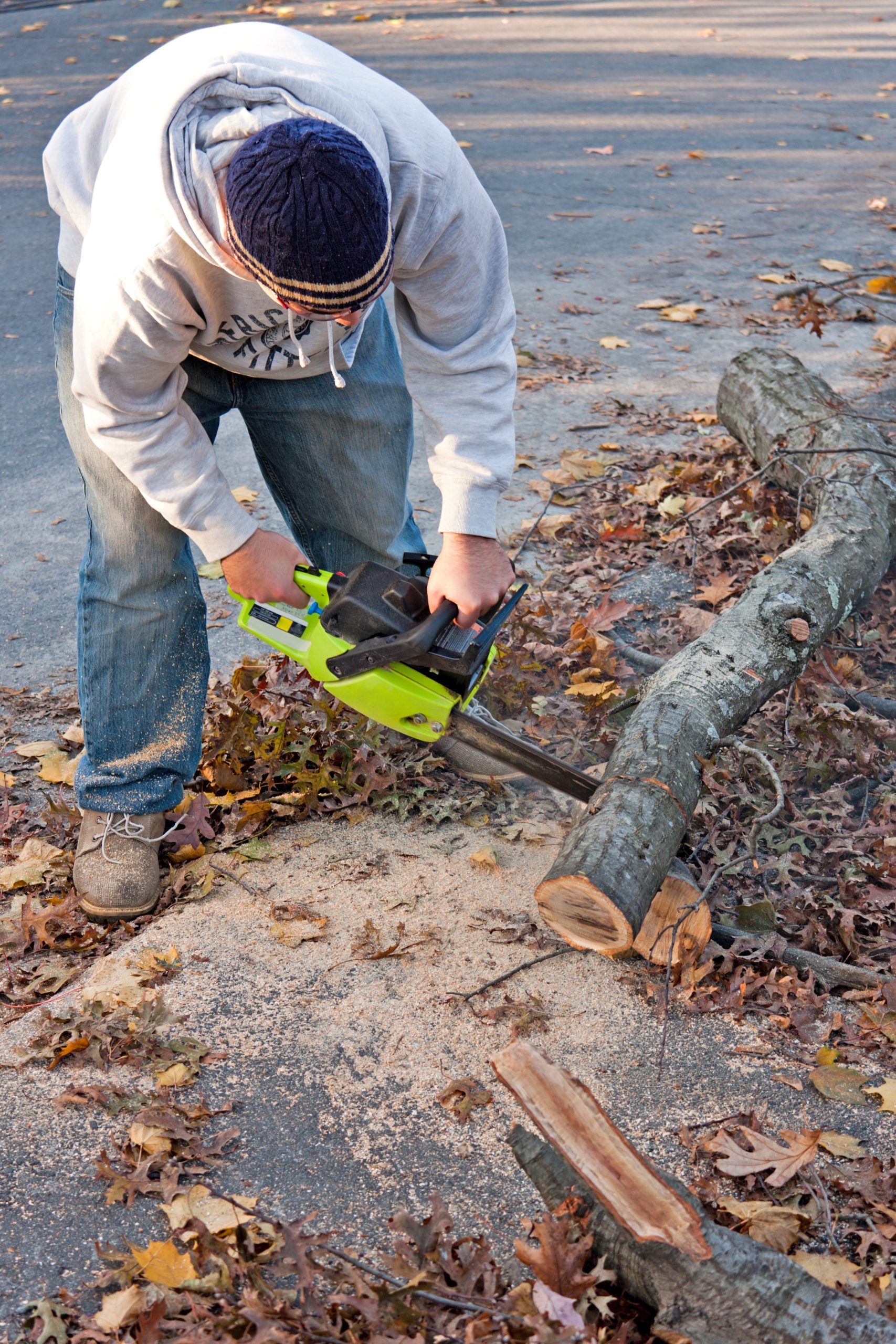When disaster strikes, it’s essential to stay safe and healthy. One of the most important things you can do is be prepared with first aid tips and tricks that will help you survive until emergency services arrive. Here are some key first aid measures to follow during a crisis situation:

1. Check for injuries – After ensuring your own safety, check yourself and others for any injuries or wounds. Use sterile bandages and antiseptic ointment to clean and cover up cuts and abrasions. If someone has sustained serious injuries, call 911 immediately.
2. Control bleeding – Heavy blood loss can lead to shock and even death. Apply pressure to the affected area using a clean cloth or bandage. Elevate the injured limb if possible, and keep it immobilized.
3. Treat burns – Cool down burns with cold water, then apply a moisturizing cream or aloe vera gel to soothe the skin. Do not use ice directly on burnt skin as this could cause further damage.
4. Manage fractures – Broken bones require immediate medical attention. Immobilize the affected limb by splinting it with sticks, boards, or other materials available in the environment. Keep the person still and comfortable until professional help arrives.
5. Prevent dehydration – Drinking plenty of fluids is crucial during times of crisis. Stay hydrated by drinking bottled water, juice, or sports drinks. Avoid consuming alcoholic or caffeinated beverages as they can dehydrate you further.
6. Maintain hygiene – Poor hygiene can lead to illness and infection. Wash your hands regularly with soap and water, avoid close contact with sick people, and wear protective masks when necessary.
Safety Measures to Follow During a Disaster
In addition to first aid tips and tricks, there are several safety measures you should take during a disaster to minimize risks and prevent injury:
1. Evacuate promptly – Follow evacuation orders from local authorities and leave the affected area immediately. Don’t wait until the last minute to evacuate as roads may become congested, making it difficult to escape safely.
2. Stay informed – Listen to news reports and social media updates about the disaster situation. This will help you make informed decisions about where to go and what to do next.
3. Be aware of hazards – Look out for potential dangers such as fallen power lines, contaminated water sources, and unstable structures. Take appropriate precautions to avoid these hazards.
4. Protect yourself – Carry a whistle or personal alarm to alert rescuers of your location. Also, consider carrying a multi-tool or knife for self-defense purposes.
Self-Defense Techniques to Stay Safe in Emergencies
During times of crisis, it’s essential to know how to defend yourself against physical threats. Here are some basic self-defense techniques you can learn:
1. Know your surroundings – Always be aware of your surroundings and identify potential danger zones. Avoid walking alone at night or in isolated areas.
2. Make noise – Yell loudly and repeatedly to attract attention if you feel threatened. Blow a whistle or use an alarm to signal for help.
3. Run away – If you sense danger, run away quickly and seek shelter in a public place or well-lit area.
4. Fight back – As a last resort, fight back aggressively using whatever means necessary. Kick, punch, scratch, or gouge your attacker’s eyes to create an opportunity to escape.
Healthy Habits to Maintain during Times of Crisis
Maintaining good health habits during times of crisis can help boost your immune system and improve your overall wellbeing. Here are some healthy habits to maintain:
1. Get enough sleep – Prioritize getting adequate rest and sleep each day to ensure optimal energy levels.
2. Exercise regularly – Engage in regular exercise activities like jogging, cycling, or swimming to reduce stress and promote physical fitness.
3. Eat nutritious foods – Consume a balanced diet rich in whole grains, lean proteins, vegetables, and fruits. Avoid processed foods and sugary snacks.
4. Stay hydrated – Drink plenty of fluids throughout the day to prevent dehydration and promote proper body functioning.
Conclusion
Disaster situations can be chaotic and overwhelming, but taking proactive steps to prepare and stay safe can increase your chances of survival. By following these first aid tips and tricks, safety measures, self-defense techniques, and healthy habits, you can better equip yourself to handle any crisis situation. Remember, being prepared is key to staying safe and healthy during a disaster.